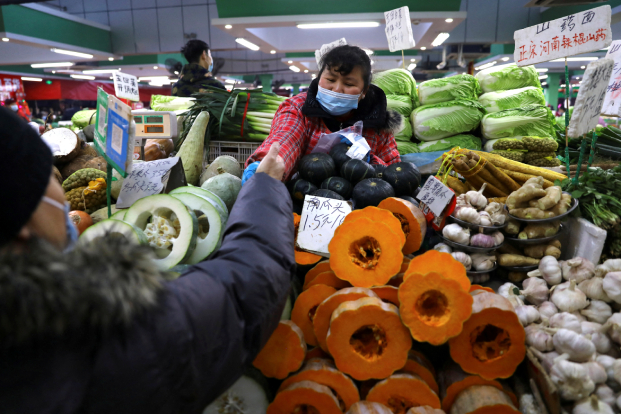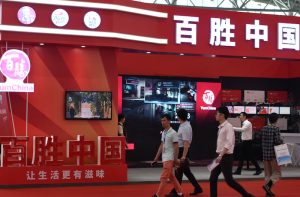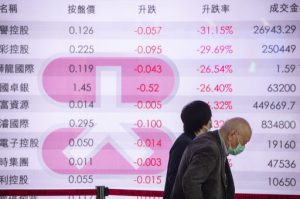Ex-factory inflation cooled in China in June, hitting its slowest pace in 15 months even as prices continue to rise more quickly globally.
The producer price index (PPI) rose just 6.1% year-on-year, the National Bureau of Statistics (NBS) said, slowing from its 6.4% May increase, although still faster than the 6.0% predicted by a recent Reuters analyst poll.
Restarting production after long lockdowns, more stable supply chains in key sectors and government polices that have helped stabilise commodity prices all contributed to the slower rise, NBS official Dong Lijuan said in a separate statement.
Inflation in ferrous metal mining and processing slowed at the fastest rate, while producer prices for the oil and gas extraction industry rose the most, according to the NBS.
China’s producer inflation has been slowing for six consecutive months. That contrasts sharply with soaring global inflation that has prompted central banks across the world to raise interest rates.
ALSO IN AF: VW Boss Says Inflation Would Be Worse Without China – Spiegel
China’s consumer price index (CPI) increased 2.5% from a year earlier, widening from a 2.1% rise in May to be the fastest rate in 23 months.
Vehicle fuel prices soared 32.8% in June, according to the NBS.
“China will continue to face the dual pressure of structural inflation and imported inflation. The slow recovery of domestic demand will also raise up the headline consumer inflation,” said Ying Xiwen, a senior analyst at Minsheng Bank.
Ying predicts China’s CPI will rise moderately to over 3% by the second half of the year, but will still come in under Beijing’s whole-year target of 3% or lower.
China’s economy has showed signs of recovery, but headwinds remain, including concerns of new Covid outbreaks which could slow recovery.
To bolster growth, Beijing has said it will issue the 2023 quota for local government special bonds early, in the fourth quarter, with the new quota likely larger than 2022’s 1.46 trillion yuan ($218.09 billion), sources said.
In late June, People’s Bank of China (PBOC) Governor Yi Gang pledged to keep monetary policy accommodative to support an economic recovery.
“Monetary policy faces constraints such as aggressive Fed hikes and rising inflation concerns and appears to be switching from a crisis mode into a wait-and-see mode. Looking ahead, we think the PBOC would be careful and data-dependent in calibrating its stimulus,” Citi analysts said in a note.
- Reuters, with editing by Neal McGrath
























